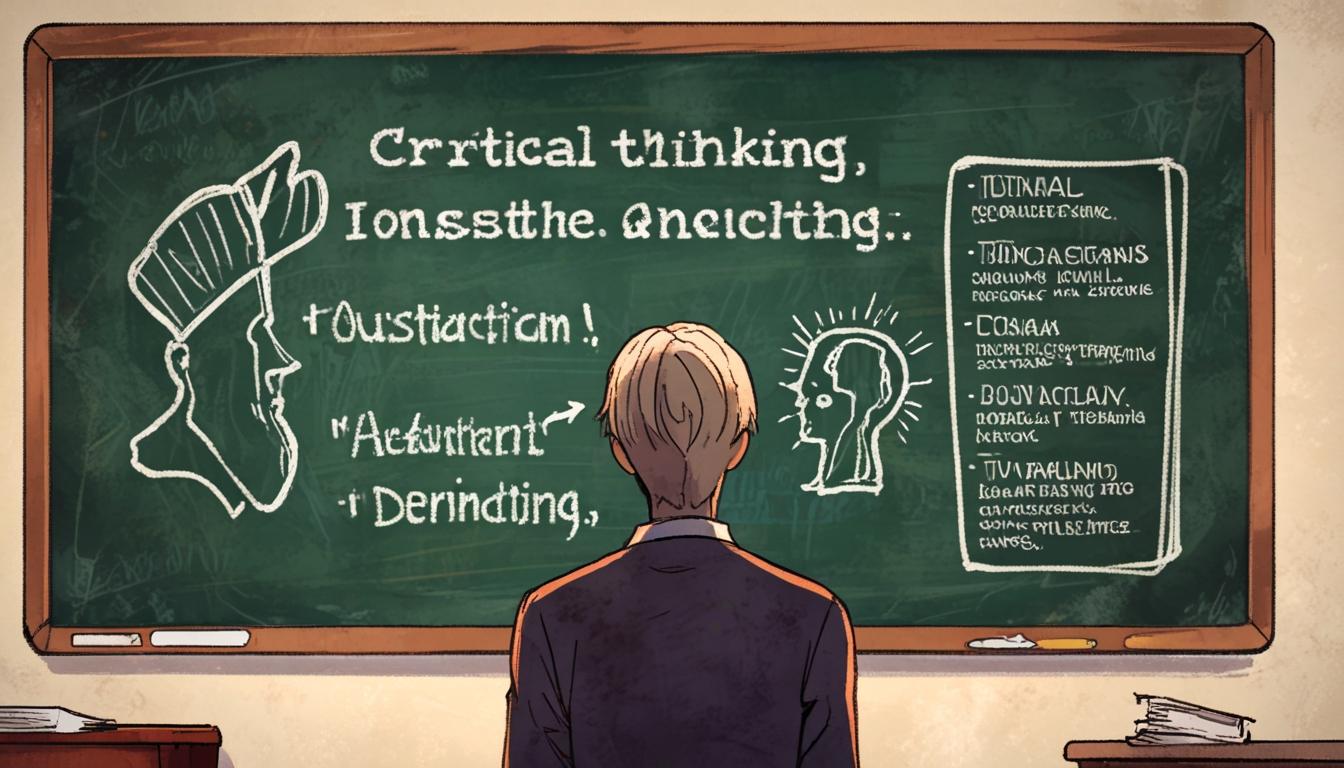The Coalition has refrained from providing specific details regarding proposed changes to the national curriculum, despite repeated assertions by Peter Dutton about the need to counteract what he described as the "indoctrination" of students. In his budget reply speech and various media appearances, Dutton emphasised his commitment to restoring a curriculum centred on "critical thinking, responsible citizenship, and common sense."
Over recent weeks, Dutton has frequently criticised the education system, suggesting conditions be attached to funding to prevent children from being influenced by “some sort of an agenda” originating from universities. In a Channel 7 debate, he further expressed the intention to halt teachings that might encourage children to feel ashamed of their Australian identity.
Efforts by Guardian Australia to secure an interview with the shadow education minister, Sarah Henderson, to clarify the Coalition’s curriculum plans were unsuccessful. Henderson conceded only that the Coalition aims to "get back to basics to raise education standards," citing a decline in Naplan proficiency in literacy, mathematics, and science as a significant concern. She emphasised the importance of explicit instruction and other evidence-based teaching approaches, noting that primary principal organisations have expressed frustration that the national curriculum is "impossible to teach."
Henderson also highlighted the Coalition’s recent announcement of a $100 million investment to build and expand boarding schools for Indigenous students, alongside an early years literacy program targeting disadvantaged children. These initiatives are part of broader education priorities articulated by the Coalition.
The National Catholic Education Commission expressed approval of the boarding school funding, reiterating its ongoing campaign for schools to be allowed to prioritise the hiring of staff who share their religious values. Jacinta Collins, the commission’s executive director, said, "Maintaining the authenticity of our mission is critical to the educational, pastoral and spiritual care we provide and our schools must be able to continue to employ staff who support that mission."
Conversely, Education Minister Jason Clare issued a letter earlier this month to Collins and the CEO of Independent Schools Australia (ISA), Graham Catt, cautioning that a Coalition government might leverage funding to influence what non-government schools teach. Clare expressed concern about the potential for undue interference, describing such action as an “abrogation of responsibility” by the government.
In response, Graham Catt voiced ISA’s strong opposition to government dictation of classroom teaching methods. He highlighted existing federal funding conditions related to standards, accountability, and curriculum frameworks but insisted that "teachers are the experts and they know their students and school context." Catt also noted that the curriculum undergoes regular review, and frequent changes could be problematic due to the resources and time required for implementation. He stressed that any reform should respect sector diversity, school autonomy, and the diverse needs of learners.
The national curriculum itself was last reviewed and updated between 2021 and 2022 under a previous federal Coalition government.
Vanessa Cheng, executive officer of the Australian Association of Christian Schools, argued for less government regulation and oversight in schools, stating that the curriculum included "ideological overlays" that made it cumbersome and insufficiently tailored to individual school contexts. She advocated for a curriculum that is adaptable, fit for purpose, and reflective of different educational philosophies.
Cheng observed, "I feel [the curriculum agreed to in 2022] didn’t give a strong sense of identity, in hope and confidence in who we are as a nation." She added that the curriculum has tended to emphasise negative parts of Australia’s history rather than celebrating positive achievements, asserting that the balance should shift towards fostering national pride. "It’s not about culture wars, it’s about pride as Australians," she said.
This ongoing debate reflects differing perspectives on how Australian education should address national identity, historical narratives, and teaching methodologies, with stakeholders across the education sector weighing in on the future direction of the curriculum. The Guardian is reporting on these developments as the federal election campaign continues.
Source: Noah Wire Services
